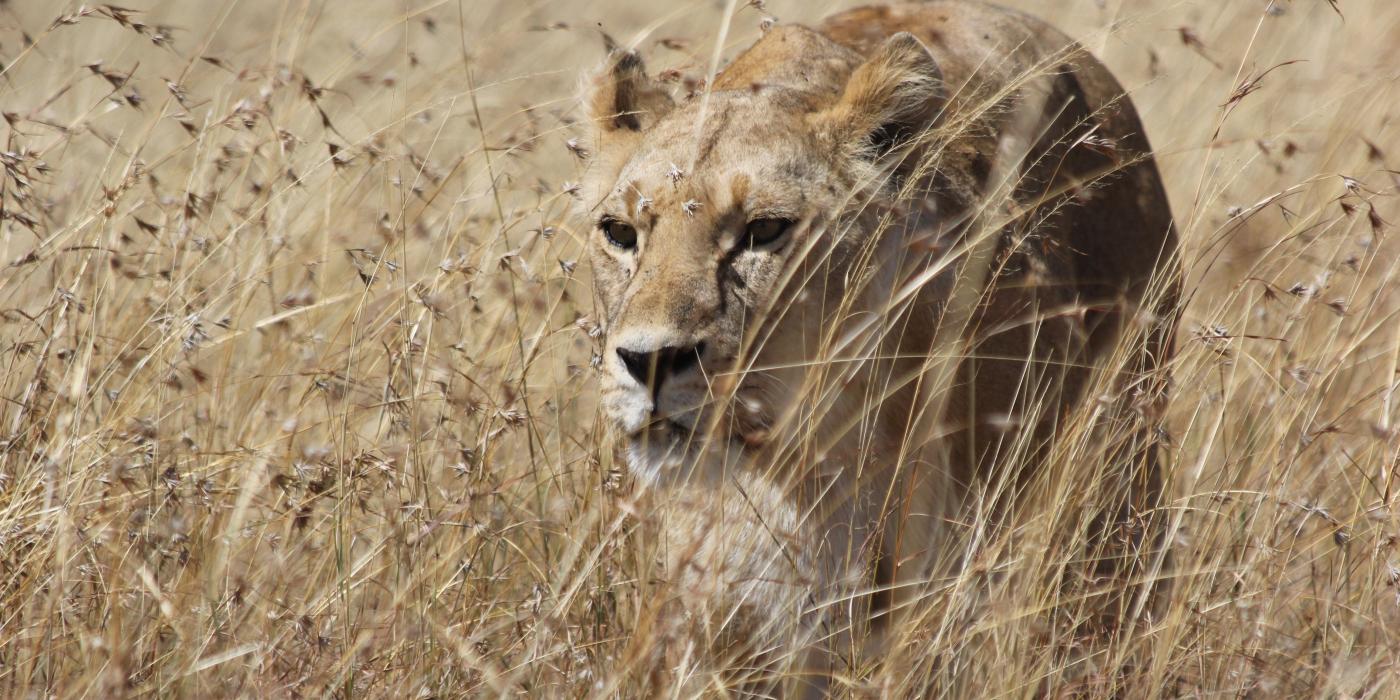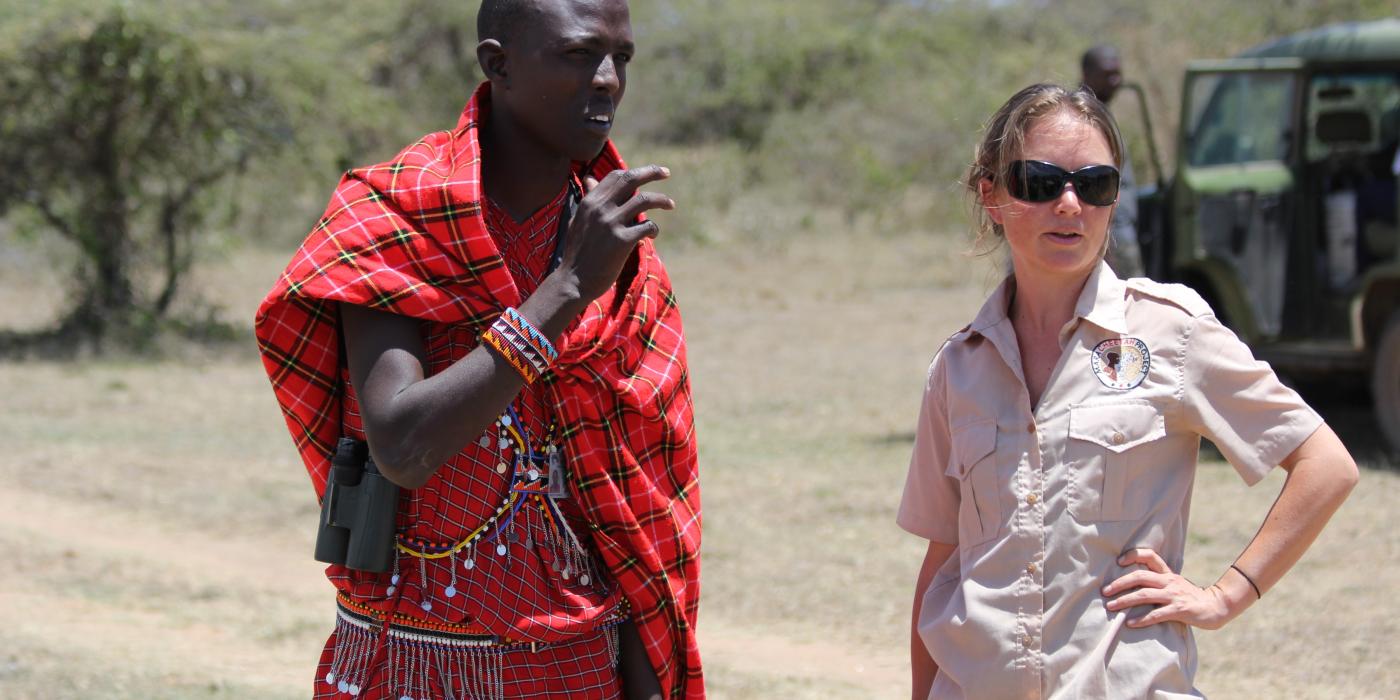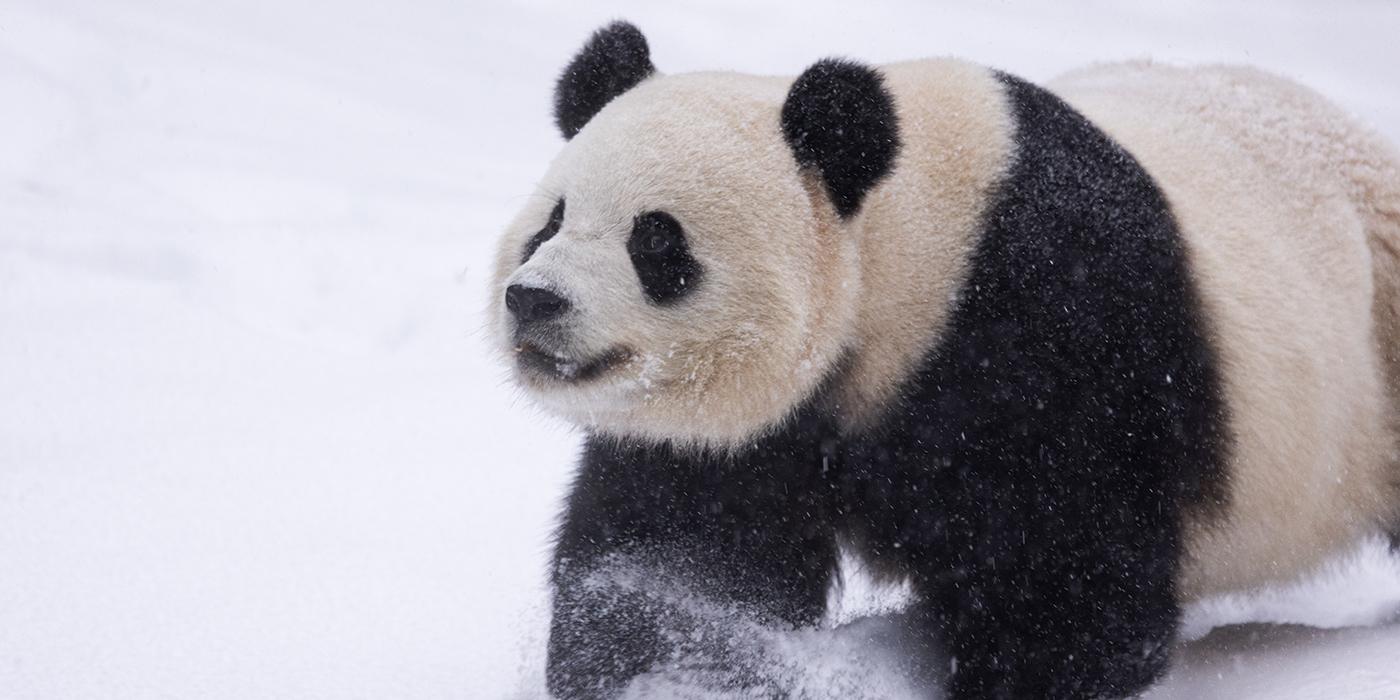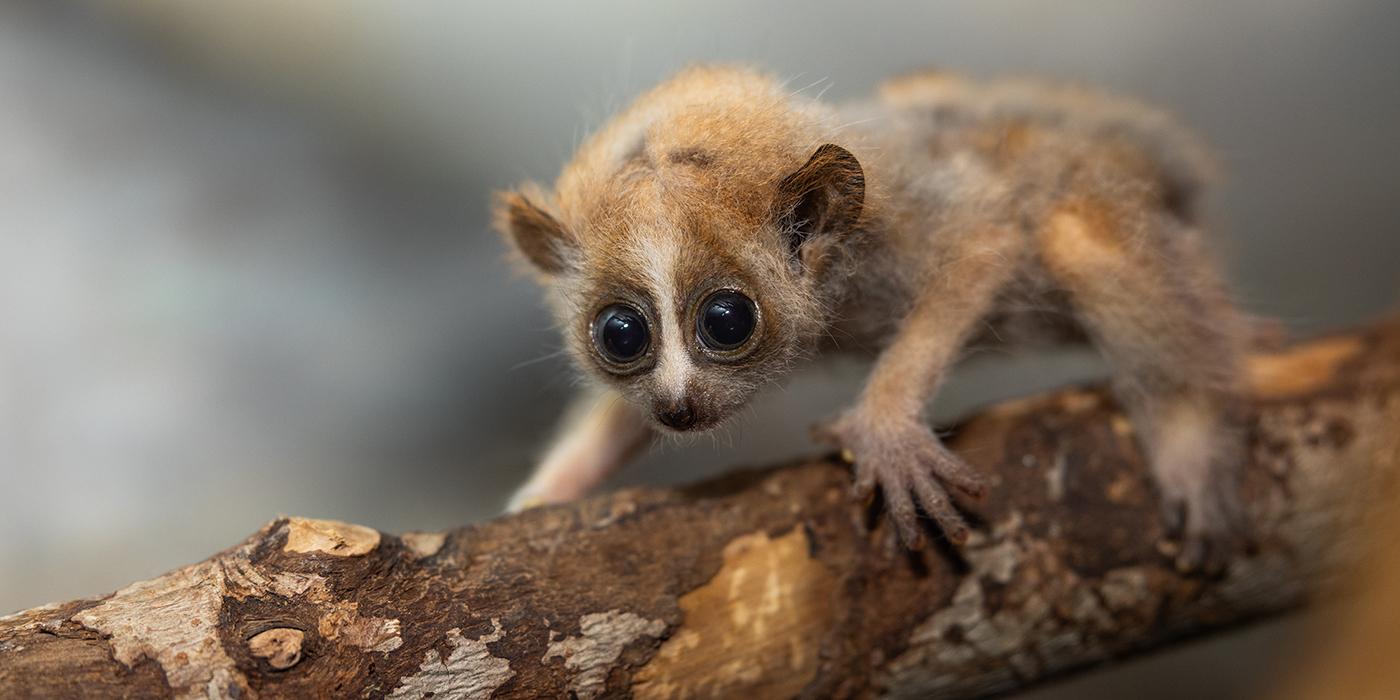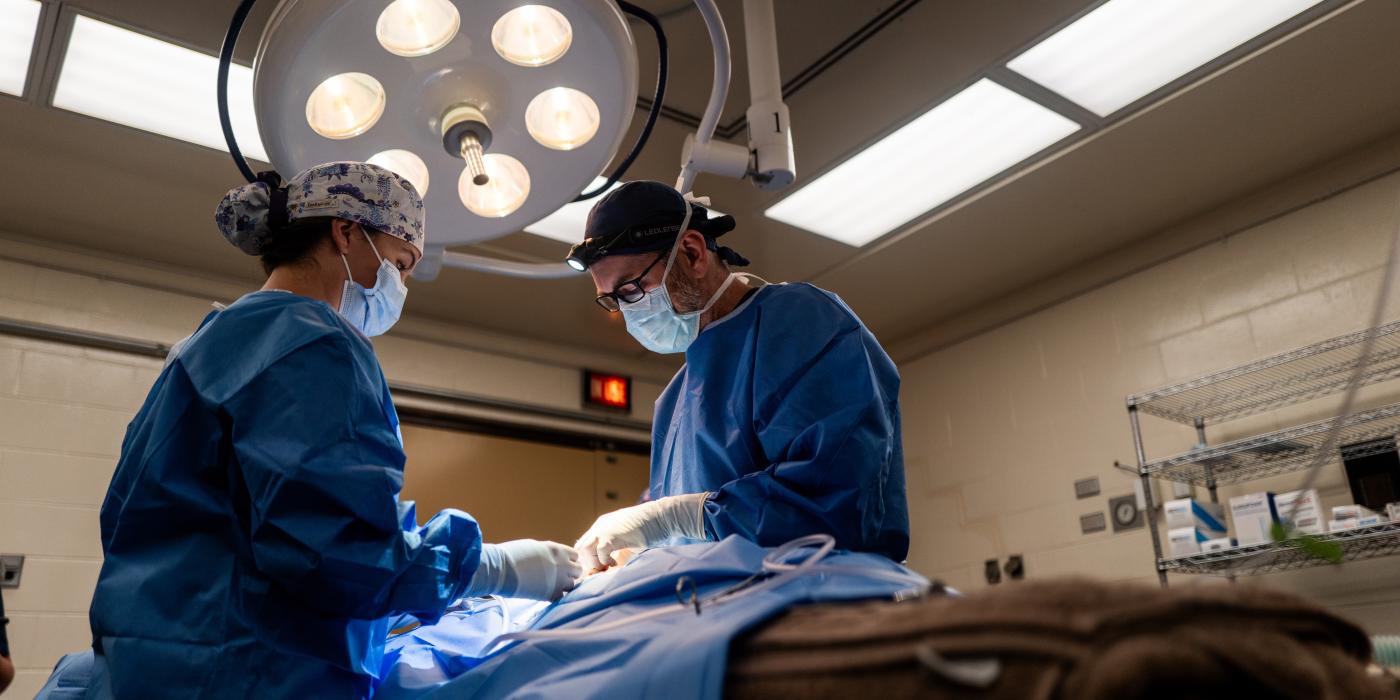Earth Optimism: Saving the Savannah’s Great Cats
Sometimes, even top predators need a leg up in order to survive.
The recent boom in Kenya’s human population prompted people to sprawl and build their homes on the Savannah. As a result, increased competition among wildlife for territory, food, water and mates can spell trouble for many animals.
What does this mean for top predators like lions and cheetahs? To find out, the Smithsonian Conservation Biology Institute’s (SCBI) Global Health Program project director Suzan Murray traveled to Kenya’s Maasai Mara National Park. There—alongside partners from the Kenya Wildlife Service, Kenya Wildlife Trust and the Band Foundation—Dr. Murray and the team use biopsy darts to collect minute tissue samples from 61 lions and 10 cheetahs.
To find the felines, scientists from the Kenya Wildlife Service enlist the help of Maasai individuals, who are experts at observing and spotting the carnivores. Once a lion or cheetah is darted, the vessel containing the sample falls out within minutes. Back in the lab, scientists collect genetic information. These tiny samples help researchers understand not only the relationships between cats but also how far and wide the animals disperse.
The next step in this project is to evaluate the genetic diversity in the samples collected thus far. SCBI geneticist Warren Johnson and partners are developing markers that will help Kenya and other range countries determine the genetic health of past and present populations. Their findings will assist those managing animals both in the wild and in human care to ensure healthy, genetically diverse populations can thrive in a world where human population growth shows no signs of slowing down.
This article appears in the April 2017 issue of Smithsonian Conservation Biology Institute News. The Global Health Program studies field sites in highly biodiverse countries with partners around the globe. The Smithsonian Global Health Program provides training, support and infrastructure to its partners in Kenya. Together, they investigate emerging illnesses, share veterinary expertise,and apply diagnostic capabilities to address critical wildlife concerns.
